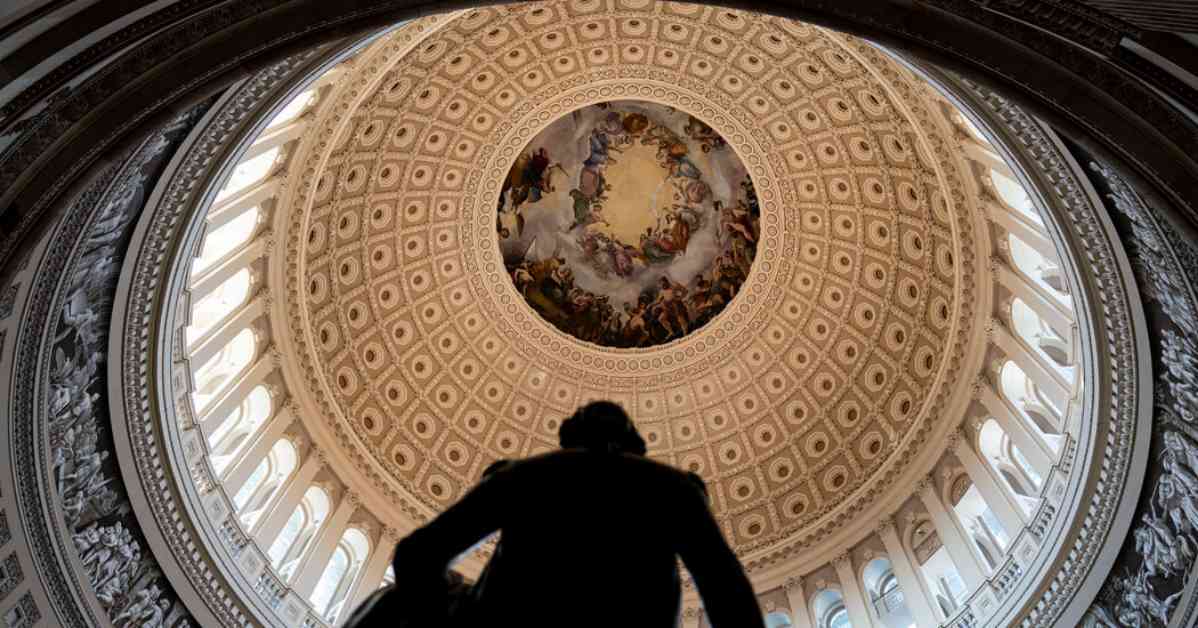President-elect Donald J. Trump is causing a stir by challenging the traditional role of the Senate and the Constitution with his potential nominees and threats to expand executive authority. This poses a significant test for the Republican-controlled Senate in maintaining its independence and role as a check on presidential power.
Mr. Trump’s controversial nominees and disregard for congressional authority could put Senate Republicans in a tough spot. They may have to choose between upholding the Senate as an institution or giving in to a president who does not respect government norms.
The most immediate source of conflict is likely to arise from Mr. Trump’s attempts to bypass the Senate’s confirmation process to appoint his supporters, some of whom have questionable backgrounds, to his cabinet. Additionally, the president-elect has indicated that he expects Republicans in Congress to comply with his policy preferences, even if it means relinquishing Congress’s authority over federal spending, a power explicitly granted to the legislative branch in the Constitution.
Lawmakers and experts warn that allowing Mr. Trump to undermine the Senate’s ability to vet nominees by using recess appointments or weakened background checks could have lasting repercussions, weakening the Senate and undermining the constitutional system as a whole. The Senate’s role in providing advice and consent on appointments is considered crucial to the system of checks and balances established by the Constitution.
The Constitution clearly outlines the legislative branch’s control over federal spending and its power to approve cabinet appointments. Any attempts to circumvent these provisions could have far-reaching consequences for the Senate’s authority and the balance of power between the branches of government.
In conclusion, the Senate’s independence and constitutional role will face a significant challenge in a potential second term for President-elect Donald J. Trump. The decisions made by Senate Republicans in the coming months will be crucial in determining the future of the Senate as an independent institution and a check on executive power.

